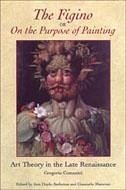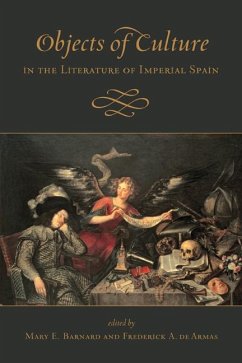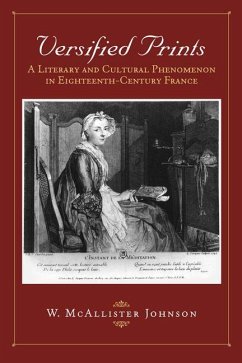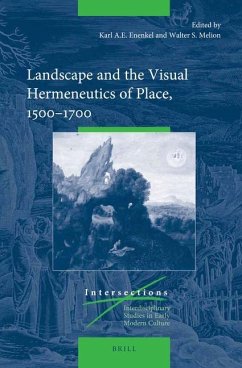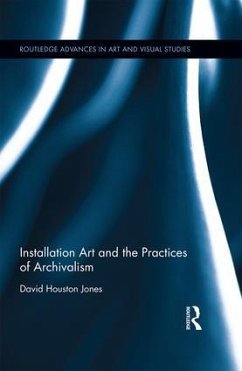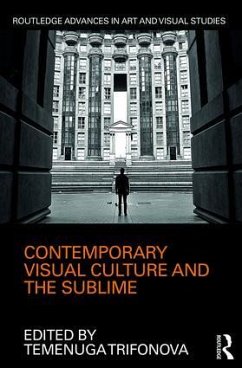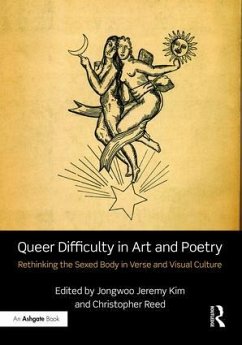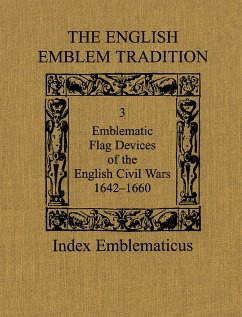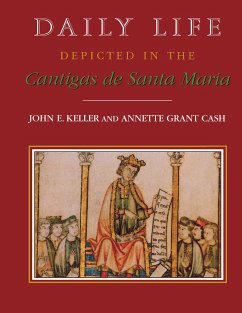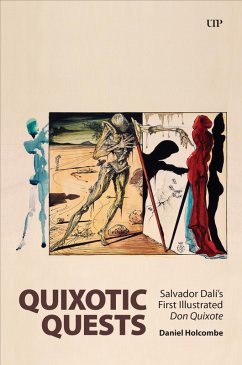
Quixotic Frescoes
Cervantes and Italian Renaissance Art
Versandkostenfrei!
Versandfertig in über 4 Wochen
115,99 €
inkl. MwSt.
Weitere Ausgaben:

PAYBACK Punkte
58 °P sammeln!
As a young man, Miguel de Cervantes left his home in Spain and travelled extensively through Italy, experiencing all that the Italian Renaissance had to offer. In his later writings, Cervantes sought to recapture his experience through literature, and literary critics have often pointed to Italian texts as models for Cervantes' writing. The art of the period, however, has seldom been examined in this context. Focusing on Don Quixote, Frederick A. de Armas unearths links between Cervantes' text and frescoes, paintings, and sculptures by Italian artists such as Cambiaso, Michelangelo, Raphael, a...
As a young man, Miguel de Cervantes left his home in Spain and travelled extensively through Italy, experiencing all that the Italian Renaissance had to offer. In his later writings, Cervantes sought to recapture his experience through literature, and literary critics have often pointed to Italian texts as models for Cervantes' writing. The art of the period, however, has seldom been examined in this context. Focusing on Don Quixote, Frederick A. de Armas unearths links between Cervantes' text and frescoes, paintings, and sculptures by Italian artists such as Cambiaso, Michelangelo, Raphael, and Titian. His study seeks to re-engage the critics of today by formulating the link between Cervantes and the Renaissance through an interdisciplinary dialogue that establishes a new set of models and predecessors. This dialogue is used to explore a variety of issues in Cervantes including the absence of a single guiding pictorial program, the doubling of archaeological reconstruction, and the use of ekphrasis as allusion, interpolation, and an integral component of the action. Quixotic Frescoes delves into the politics of imitation, self-censorship, religious ideology expressed through the pictorial, as well as the gendering of art as reflected in Cervantes' work. This detailed and exhaustive study is an invaluable contribution to both Hispanic and Renaissance studies.



